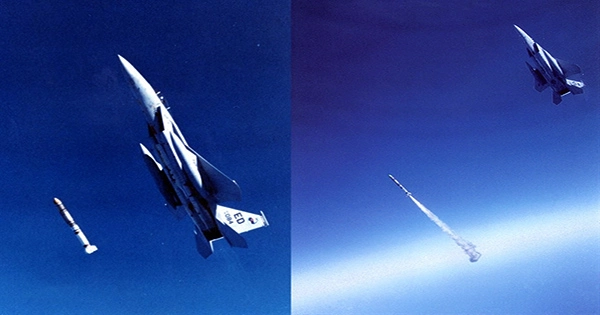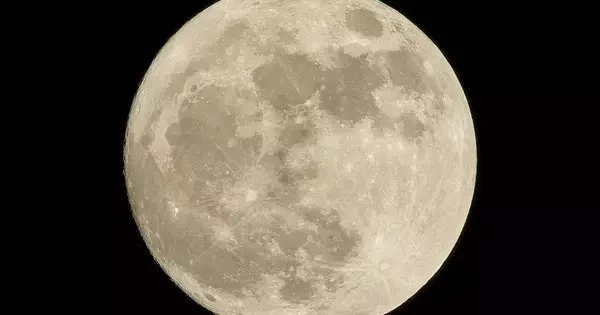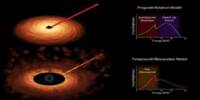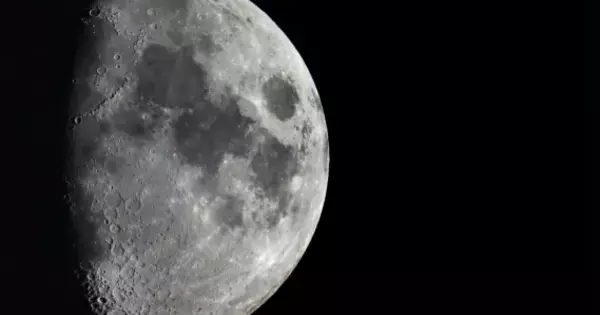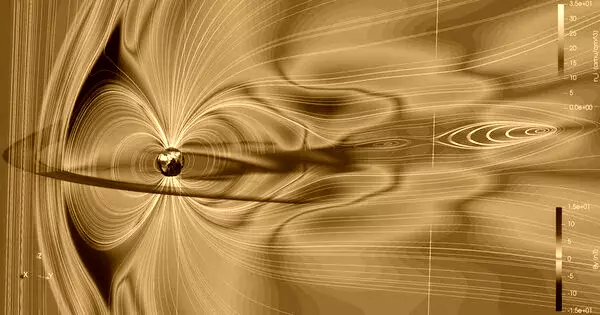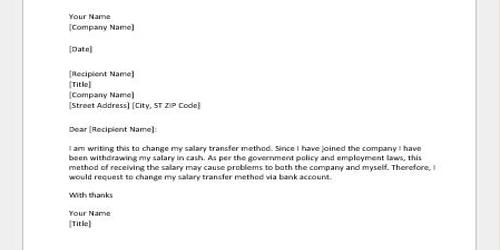As the Earth’s orbit continues to fill with spent rockets and outdated satellites, scientists warn that falling debris might endanger flights.
“There is a real risk,” said to Aaron Boley, an associate professor of astronomy and astrophysics at the University of British Columbia. “The uses of space are simply expanding, and as we put large objects in orbit, they eventually come down, and if they’re uncontrolled, they pose a risk to people on the ground, at sea, and in airplanes.”
In a recent study, Boley and a colleague warned that huge recent increases in both flights and satellite launches might result in an aviation disaster unless measures are taken to rein in and better track, manage and respond to uncontrolled rocket re-entries. According to Boley’s co-author, UBC political scientist Michael Byers, there is a 10% risk that space debris may kill one or more people during the next decade.
“If it can have a controlled re-entry in principle, it should have a controlled re-entry,” Boley added. “And if it absolutely cannot have a controlled re-entry, then other things must be done so that we have as much information as possible moving forward to make informed decisions and we’re not just reacting to every new big object that comes down.” This is what’s going on right now.”
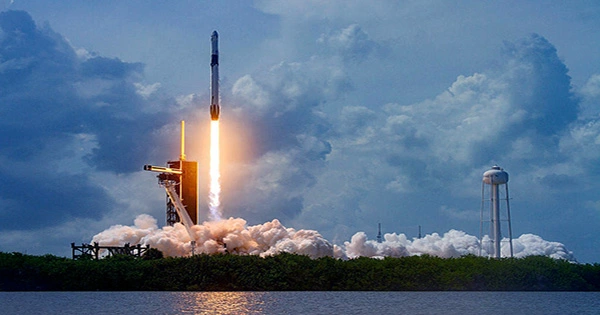
Satellites are typically sent into orbit by rockets, only to be abandoned to tumble down to Earth in what are known as uncontrolled re-entries.
“The atmosphere is slowly causing that orbit to decay, and at some point it re-enters, and you don’t know where along its trajectory it’s ultimately going to re-enter,” added Boley.
Controlled re-entries, on the other hand, imply that a rocket or spacecraft has a pre-planned return path, such as when astronauts return home from the International Space Station.
“You have things like re-ignitable engines, which many rockets have, and they can then direct the trajectory so that it goes into a place, say, in the ocean that is out of the way,” Boley explained. “That extra gasoline adds weight, which reduces payload delivery… So there is definitely a cost.”
While there has never been a case of rocket or satellite debris colliding with a plane, various incidences have aroused concerns in the past. A Chinese rocket performed an uncontrolled re-entry in May 2020, scattering debris across the Ivory Coast. France and Spain restricted portions of their airspace in November 2022 to allow another Chinese rocket to crash into the Pacific Ocean.
“So they had this sudden rerouting of aircraft, and it caused large delays, and there was a significant economic hit associated with it,” said Boley.
A search of the Canadian government’s aviation incident database reveals the possibility of space debris landing over or near the nation, such as on Jan. On January 18, 2007, a United Airlines flight “reported a large flaming ball with… debris or wreckage emanating from it” while flying over the Arctic Circle.
“It’s largely a Wild West,” Boley said of present rocket launch laws and procedures. “When a state launches a satellite or places something in orbit and then allows it to fall out of control, this is known as exporting risk.” As a result, it allows the rest of the globe to accept a big portion of the risk associated with that specific launch.”
Some governments and aviation organizations, like the Air Line Pilots Association and the International Civil Aviation Organization, are taking note.
In March 2023, the University of British Columbia’s Outer Space Institute issued its “Montreal Recommendations,” which included recommendations for “global standards” on uncontrolled re-entries at a time when over 7000 objects are in low earth orbit.
“Tens of thousands of more satellites are being licensed, with hundreds of thousands more projected… Many of them will reenter the Earth’s atmosphere in the next years and decades,” it said. “Due to their relative speed of impact, even small or light pieces of debris that may be harmless for people on the ground could fatally damage an aircraft in flight or otherwise necessitate emergency action by its crew.”
The paper was signed at UBC by Boley and Byers, as well as a retired astronaut and former Canadian cabinet minister Marc Garneau, the inspector general of the French Space Agency, and the chief of space safety for the United States Air Force.
Boley believes that the international community would develop clear regulations before an uncontrolled rocket re-entry causes an aviation tragedy.
“Ultimately, [we’re] throwing stuff up and letting things just crash down under the paradigm that the earth is so large, we don’t need to worry about it,” Boley explained. “But, you know, that’s something we’ve done before: the oceans are so large that we don’t need to worry about all the plastic we’re dumping in; the atmosphere has so much material that we don’t need to worry about all the carbon we’re dumping in.” This is something we do all the time.”
